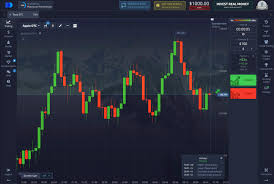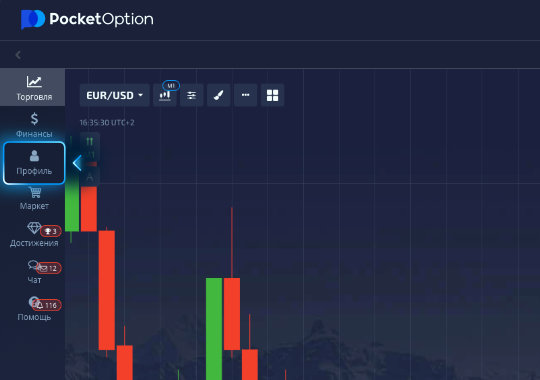
Pocket Option Banned Countries: What You Need to Know
As traders explore different platforms for online trading, it's essential to understand the regulatory landscape surrounding these brokers. One platform that has garnered attention is Pocket Option. However, several pocket option banned countries pocket option banned countries raise questions about compliance and legality. In this article, we will delve into the reasons some countries have banned Pocket Option and what that means for potential traders.
What is Pocket Option?
Pocket Option is an online trading platform that specializes in binary options trading. Since its inception, it has attracted numerous traders due to its user-friendly interface, diverse assets, and attractive promotions. However, like many other trading platforms, its accessibility and legal standing vary by country. Understanding these regulations is crucial for anyone looking to engage with the platform.

Countries Where Pocket Option is Banned
Several countries have implemented strict regulations that either outright ban Pocket Option or impose significant restrictions on its operations. Some of the countries where Pocket Option is banned include:
- United States: The U.S. has stringent regulations concerning binary options trading, which led to a total ban of the service due to compliance issues.
- Canada: Similar to the U.S., Canada's regulatory authorities have imposed restrictions on binary options, resulting in the platform being unavailable to Canadian traders.
- European Union Countries: Certain EU member states have regulations that do not favor binary options trading, leading to bans or restrictions on platforms like Pocket Option.
- Australia: The Australian Securities and Investments Commission (ASIC) has taken a hard stance on binary options, leading to many brokers, including Pocket Option, being prohibited.
- Belgium: Belgium has outright banned all forms of binary options trading due to investor protection concerns.
Reasons Behind the Ban
Understanding why certain countries have banned Pocket Option requires examining the broader context of binary options trading. Here are some common reasons:
- Lack of Regulation: Many countries lack specific regulations governing binary options, leading to potential exploitation of traders. Without oversight, traders can be left vulnerable.
- High Fraud Risk: The binary options market has been associated with numerous fraudulent activities, prompting regulatory bodies to act. Bans are often implemented as a protective measure.
- Misleading Marketing Practices: Some platforms engage in misleading advertising practices, promising unrealistic returns. Regulators act to protect consumers from such tactics.
- Consumer Protection: Many jurisdictions prioritize consumer protection and well-being. Banning high-risk trading opportunities like binary options is seen as a safeguard against financial loss.

The Implications of These Bans
The bans on Pocket Option in various countries have significant implications for traders:
- Limited Access: Traders in banned countries cannot legally engage with the platform, limiting their trading opportunities.
- Legal Consequences: Attempting to use a banned platform could lead to legal repercussions depending on the jurisdiction.
- Alternatives: Traders may need to seek alternative platforms that are compliant with their country's regulations, potentially sacrificing features they appreciated about Pocket Option.
Conclusion
Pocket Option offers an exciting trading opportunity for many; however, its availability is not universal. For those in countries where it is banned, understanding the regulatory framework and reasons behind these bans is crucial. As the trading landscape evolves, staying informed will allow traders to make the best choices for their financial endeavors.
Always consult local regulations before engaging in online trading and consider seeking financial advice to ensure compliance with your country's laws.
